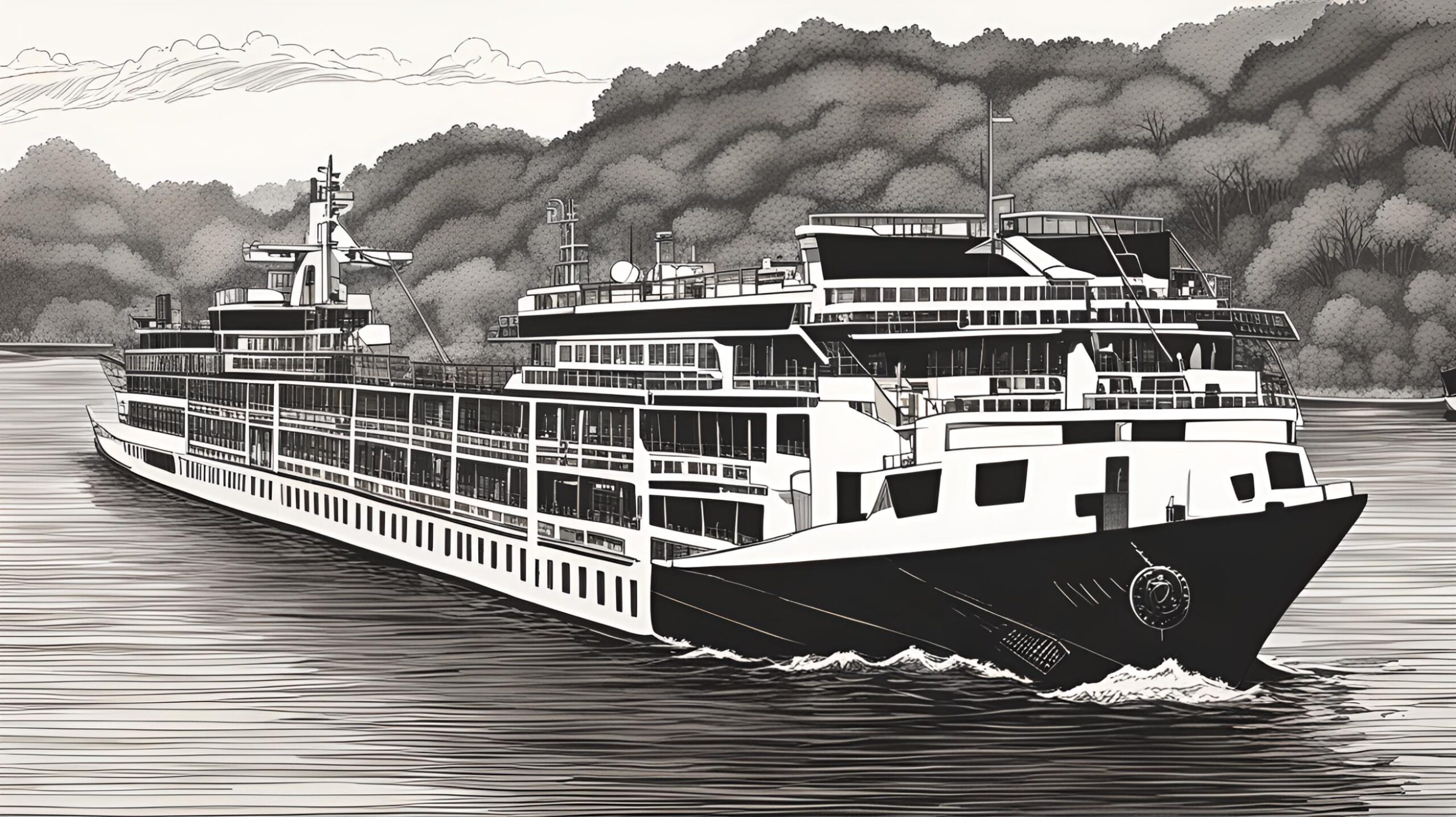Flashback to July 5
World History

The Panama Canal, a monumental achievement in the realm of global engineering and international cooperation, opened its gates to the world on the auspicious day of November 17, 1913. This marvel of human ingenuity fundamentally changed the trajectory of global trade, revolutionizing the maritime industry by defining new routes and reducing navigation times.
Connecting the Atlantic and Pacific Oceans, the Panama Canal spans approximately 80 kilometers through the Isthmus of Panama. By enabling vessels to avoid the treacherous Cape Horn route – the southernmost tip of South America – the canal has dramatically reduced the time for ships to travel between the east and west coasts of the U.S., a boon to both naval operations and commercial trade.
The opening of the Panama Canal was a pivotal moment in history that marked not just a new chapter for the maritime industry, but also a spectacular achievement of human determination and engineering prowess. The path to its realization was fraught with challenges, including diseases like malaria and yellow fever, treacherous weather conditions, and the enormous financial and logistical obstacles posed by constructing such a massive project. Despite these hardships, the Panama Canal stands today as a testament to human triumph over adversity.
When discussing the Panama Canal, it’s essential to mention the significant impact it had on global travel and transportation. Before the canal’s existence, a ship sailing from New York to San Francisco had to make a lengthy, dangerous voyage around Cape Horn, taking several months. With the opening of the Panama Canal, this travel time was significantly reduced, heralding a new era of increased global trade.
The economic implications of the Panama Canal are far-reaching. It provides a critical shortcut for international maritime trade routes, accommodating thousands of vessels each year. By drastically reducing travel times and operating costs for vessels, the canal’s advent led to lower product prices and faster delivery times worldwide, boosting economic growth and global trade.
Let’s delve a little deeper into the fascinating history of the Panama Canal. Prior to its construction, the French had embarked on a similar project in 1881, but it was plagued with problems such as disease, financial difficulties, and miscalculations about the canal’s complexity. The U.S., under the leadership of President Theodore Roosevelt, took over the project in 1904, which lasted until its monumental completion in 1913.
The Panama Canal is an impressive feat of engineering, employing a complex system of locks that serve as water lifts, elevating ships to the canal’s level (26 meters above sea level) and then lowering them back to sea level on the other side. This intricate canal system underscores the expertise and brilliance of its engineers.
Since its inception, the Panama Canal has undergone significant expansions and renovations to accommodate the increasing size and number of ships. The most recent expansion, completed in 2016, added an additional lane of traffic and doubled the canal’s capacity, allowing it to service the much larger ‘post-Panamax’ vessels.
Looking to the future, the Panama Canal continues to play an indispensable role in the global maritime industry. Its significance to world trade, naval transportation, and international relations remains unparalleled. Its opening, a memorable day on November 17, 1913, will forever remain etched as a milestone in human history. This monumental achievement reflects the extraordinary capabilities of human determination and ingenuity, forever influencing navigation and trade across the globe.
We strive for accuracy. If you see something that doesn't look right, click here to contact us!
Sponsored Content

Dolly the sheep (code-named…
On July 5, 1996,…

A Deutsch discovers asteroid…
On July 5, 1929,…

Walter Gropius, architect (found…
On 7/5/1969, Walter Gropius,…

The coat of arms…
On July 5, 1878,…

Admiral Charles Napier defeats…
On 7/5/1833, Admiral Charles…

Korean War: Task Force…
On July 5, 1950,…

